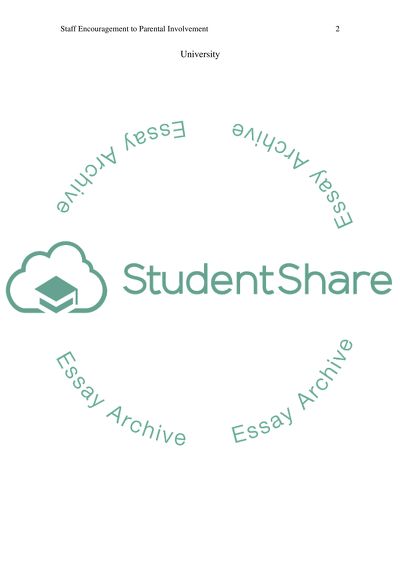Cite this document
(“Project Essay Example | Topics and Well Written Essays - 3000 words”, n.d.)
Project Essay Example | Topics and Well Written Essays - 3000 words. Retrieved from https://studentshare.org/miscellaneous/1565306-project
Project Essay Example | Topics and Well Written Essays - 3000 words. Retrieved from https://studentshare.org/miscellaneous/1565306-project
(Project Essay Example | Topics and Well Written Essays - 3000 Words)
Project Essay Example | Topics and Well Written Essays - 3000 Words. https://studentshare.org/miscellaneous/1565306-project.
Project Essay Example | Topics and Well Written Essays - 3000 Words. https://studentshare.org/miscellaneous/1565306-project.
“Project Essay Example | Topics and Well Written Essays - 3000 Words”, n.d. https://studentshare.org/miscellaneous/1565306-project.


